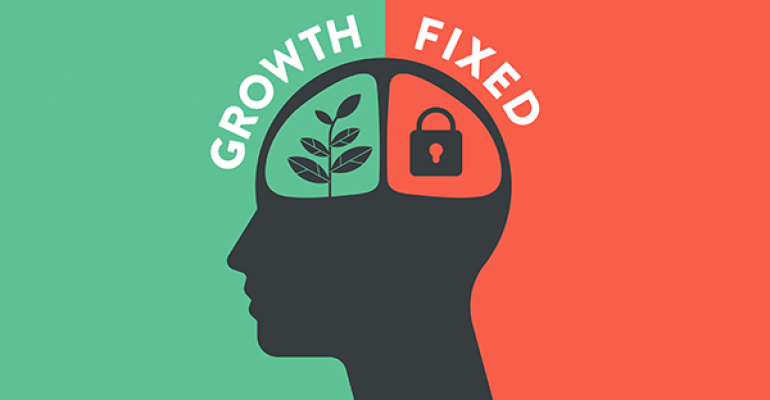The President’s Blog
28/08/2025 2025-09-18 9:37The President’s Blog
The President's Blog
Success Belongs to the Community, Not the Individual
Real success rarely comes from a single leader, a single decision or a single moment. It comes from a connected, empowered and well-motivated community — one where people support each other, challenge each other, and feel part of something bigger than their own role. …
Avoiding Ambiguity: The Courage to Speak Up
I’ve noticed in meetings that silence can be mistaken for agreement. In truth, silence is ambiguous. All too often people nod along and actions are assigned. Only when the work stalls does it become clear that other things took priority, or that barriers previously undiscussed hindered progress — all because someone felt unable to speak up at the time. Silence, even when well-intentioned, can slow progress and weaken trust. …
What Do We Value in a University?
This week I’ve been attending education fairs and meeting prospective students and their families. It reminded me that to maximise an outcome you first need to know what you value. …
The Lessons That Come From Getting It Wrong
In education, as in leadership, we tend to celebrate what goes right. The project that succeeds. The idea that works. The outcome that matches the plan. But often, it’s the times we get it wrong that shape us most. …
Growth Mindset: Evidence and Application
Carol Dweck’s research at Stanford University has reshaped how we think about learning. Her central conclusion is simple but powerful: people who see ability as fixed tend to avoid challenge and give up quickly; those who see ability as developable through effort, strategy and feedback are more resilient, more open to challenge, and more likely to improve. …
Professor Andrew Nix is the President and CEO of Euro University of Bahrain. He has published more than 600 international papers and successfully supervised 65+ PhD students. He is well-known for his ground-breaking research contributions that shaped the Wi-Fi and Bluetooth standards. More recently, Professor Andrew’s 5G wireless research is globally recognized for tackling societal challenges related to smart cities, urban transportation and digital healthcare.
Categories
Archives
Popular Tags











